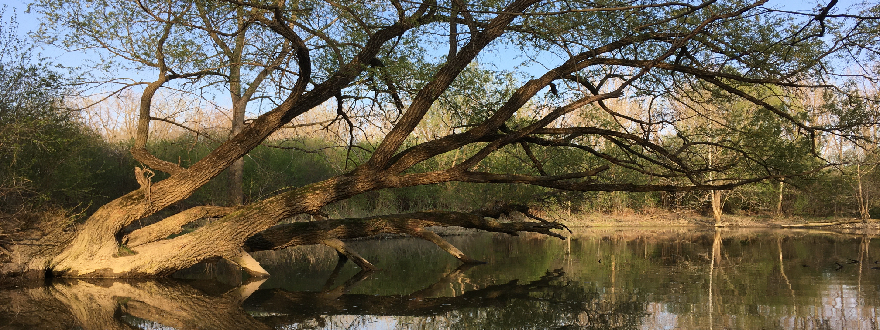Indigenous Research

Honouring Indigenous Self-Determination
Too often Indigenous Research is interpreted as only community-based research. Indigenous Research is broader. Does your research engage or have implications for Indigenous peoples, lands, cultures, knowledges and/or communities? At Western, we believe research partnerships and relationships with Indigenous peoples are essential to help ensure research is not only safe but also beneficial.
TCPS2 (2022), Article 9.1 indicates community engagement is required "Where the research is likely to affect the welfare of an Indigenous community, or communities, to which prospective participants belong, researchers shall seek engagement with the relevant community. The conditions under which engagement is required include, but are not limited to:
- research conducted on First Nations, Inuit or Métis lands;
- recruitment criteria that include Indigenous identity as a factor for the entire study or for a subgroup in the study;
- research that seeks input from participants regarding a community's cultural heritage, artefacts, traditional knowledge or unique characteristics;
- research in which Indigenous identity or membership in an Indigenous community is used as a variable for the purpose of analysis of the research data; and
- interpretation of research results that will refer to Indigenous communities, peoples, language, history or culture.” (retrieved here August 4, 2023)"
Indigenous Research
Indigenous community partners and collaborators should be invited and involved in determining the direction of the research project prior to the inception and development of the grant. Relationships including with communities and organizational partners take time to develop, and as such, researchers should allocate a significant amount of time for relationship building which may mean considering aiming for the subsequent cycle of yearly funding competitions.
Proposals should reflect appropriate methodologies, ontologies, and epistemologies, grounded in Indigenous ways of knowing and doing, or as guided by their community/organization partner. Budget is an important consideration and researchers should be aware of Indigenous protocols such as honorariums, cultural practices and should plan accordingly to ensure equity in how Indigenous partners can be compensated appropriately for their participation. This should be done in accordance with the funder's guidelines, while also ensuring appropriate leadership and guidance is represented within the research team.Resources
Before engaging with Indigenous Peoples and communities
Tri-Council resources
Indigenous methodologies, data sovereignty and research ethics
- Indigenous data, Indigenous methodologies and Indigenous data sovereignty. International Journal of Social Research Methodology
- First nations and higher education: The four R's—respect, relevance, reciprocity, and responsibility. Journal of American Indian Education
- The CARE Principles for Indigenous Data Governance. Data Science Journal
- Kovach, M. (2021). Indigenous methodologies: characteristics, conversations, and contexts (Second edition). Toronto: University of Toronto Press.
- A New Era of Indigenous Research: Community-based Indigenous Research Ethics Protocols in CanadaIndigenous Canada course
- Indigenous Data Governance and Research Ethics (Video)
Indigenous knowledge, translation and evaluation
Western-specific resources
- Working with Indigenous Communities
- Western, Indigenous Research Report and Proposed Strategy “Strengthening our Relations to grow the capacity and impact of Western’s Indigenous Research Environment."
- Indigenous Strategic Plan
- Indigenous Learning Bundles
- Biindigen: Indigenous Learning Circle
- Online Learning Modules
Joint Intiatives between Western Research and Office of Indigenous Initatives
Contact Us
For support related to EDI-D and Indigenous Research, please fill out this form with your information and the Inclusive Research Excellence and Impact team will assist with your request – or contact Mariam Hayward directly.

